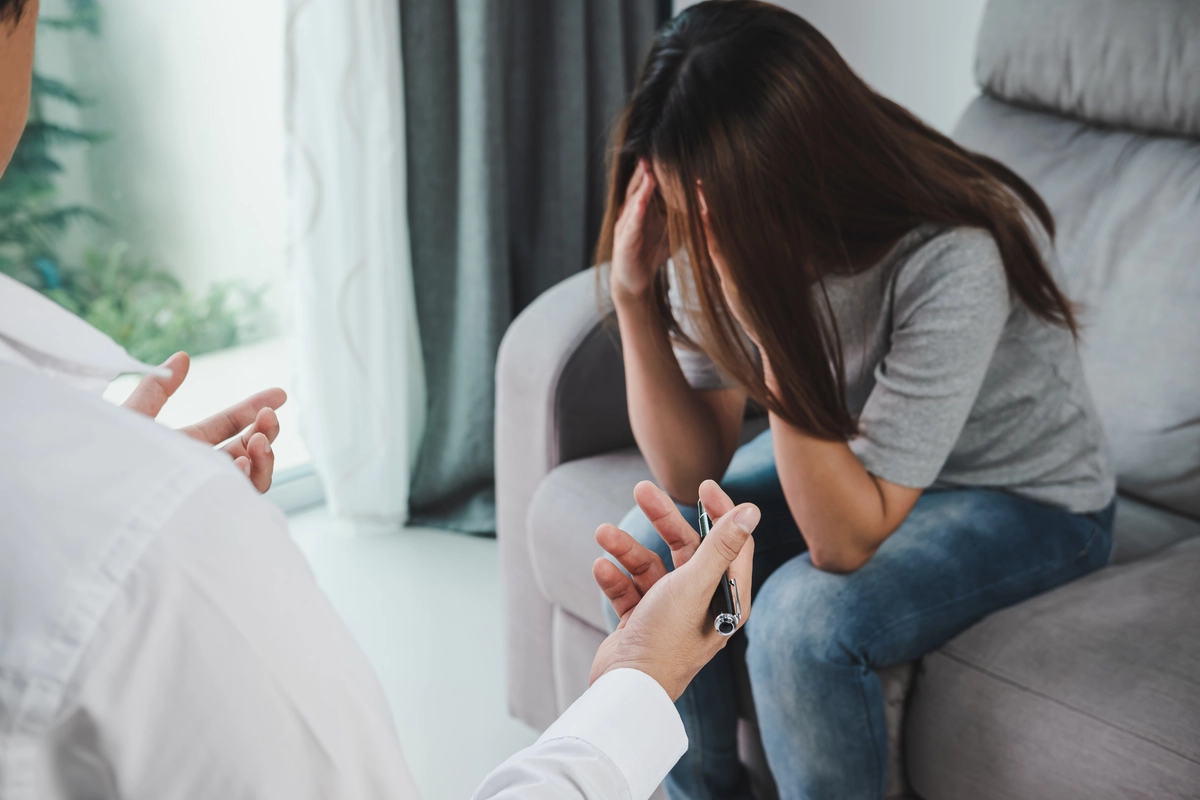24/7 Helpline:
(866) 899-221924/7 Helpline:
(866) 899-2219
Learn more about Opioid Rehab centers in Cherokee County

Other Insurance Options

Health Net

Holman Group

Multiplan

Sutter
Beacon

Kaiser Permanente

GEHA

Self-pay options

Sliding scale payment assistance

Magellan Health

PHCS Network

Cigna

State Farm

UnitedHealth Group

Highmark

Health Choice

Meritain

BlueShield

Covered California

Regence

Northeastern Behavioral Health Services
Northeastern Behavioral Health Services is a public rehab located in Tahlequah, Oklahoma. Northeaste...

Creoks Mental Health Services
Creoks Mental Health Services is a private rehab located in Tahlequah, Oklahoma. Creoks Mental Healt...

Cherokee Nation – Behavioral Health Adult Clinic
The Behavioral Health Adult Clinic of Cherokee Nation is a co-occurring addiction treatment center i...















































Redefine U
Redefine U is a private rehab located in Tahlequah, Oklahoma. Redefine U specializes in the treatmen...

People
People Inc. is located in Tahlequah, Oklahoma. People Inc. provides quality community based, habilit...















































